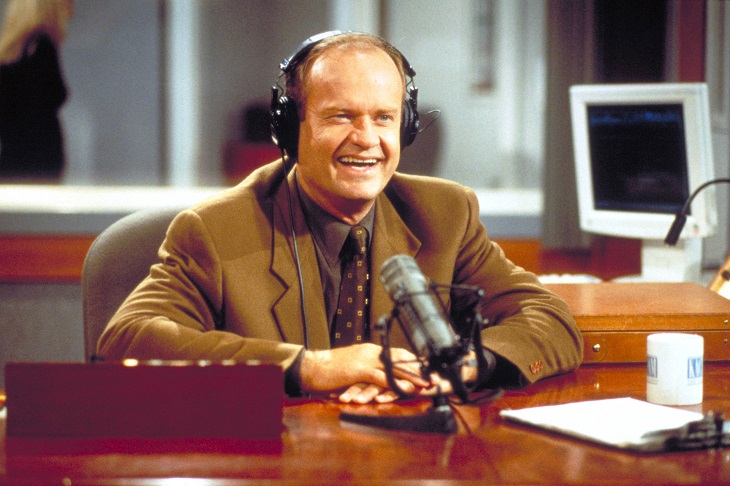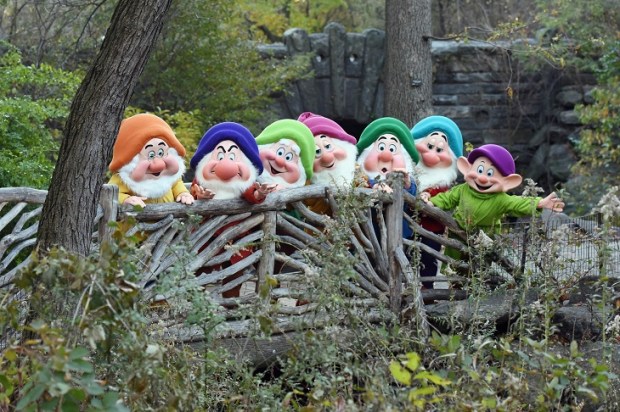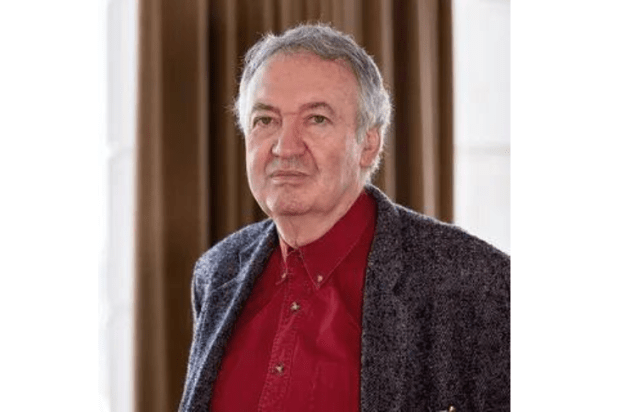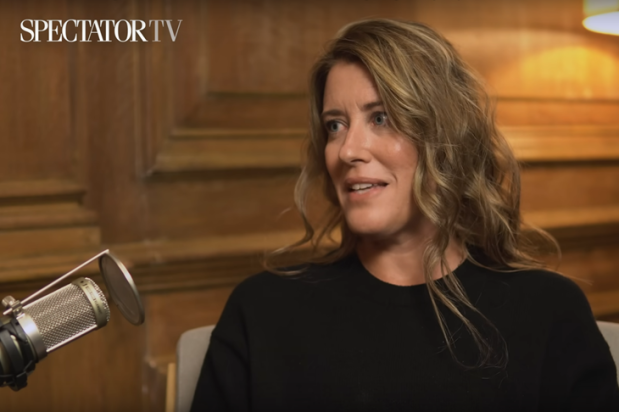You are frequently cautioned against using the word ‘classic’ too liberally as a critic. But when it comes to television, Frasier truly deserves the title. In the show, for whom the eponymous sitcom is named, Kelsey Grammer plays the titular psychiatrist-turned-self-help guru at KACL, Seattle’s number one radio station. Unapologetically intelligent, deeply moving, but most importantly, funny. By the time it ended in 2004, the critically acclaimed show had won a record 37 Emmys, including five straight wins for Best Comedy Series.
With its flawless balance of dialogue and drama, Frasier revolutionised comedy, raising the standard for the next generation of writers. It had to because it was based on one of the most cherished and regarded TV programs of all time.
Millions of Americans had grown accustomed to Cheers when its 11-year run came to an end in 1993. It appeared as though the nation had suffered a significant loss. The Boston-based bar-room sitcom’s regular group of eccentric barflies was the product of great writing. The perfect balance of witty banter, slapstick humour and class conflict made them instantly relatable. 93 million people, or nearly 40 per cent of the country at the time, watched the series finale.
Many lamented Ted Danson’s departure from his role as bar owner Sam Malone in the hopes that he would return in a future series. Dr. Frasier Crane, a minor character who was only introduced in the third season, was one character that viewers did not miss. Only 2 per cent of viewers believed the sharply dressed shrink deserved his own spin-off, according to a fan poll.
This brief detour into pop-culture lore highlights a significant problem that those working in the hallowed halls of Hollywood must deal with: handling legacy characters. On paper, it’s fairly simple; the only important factor is respect. In reality, spin-offs are notoriously difficult to get right. Over the course of many years, these characters’ personalities and growth have been finely honed through a combination of triumph, tragedy, and conflict. They don’t just appear on the writer’s page. However, the majority of contemporary writers make a trade-off with an actor’s image and hope for the best.
So when Paramount+ recently made the decision to reboot the show, I once again felt the familiar sting of cynicism. The Seattle-based psychiatrist has packed up his collection of 1945 Chateau Petrus and returned to Boston for the new series, which is confusingly also titled Frasier. The 10-episode series is scheduled to premiere on October 12, minus original cast members Jane Leeves, David Hyde Pierce, and John Mahoney (who tragically passed away in 2018). Nicholas Lyndhurst has been hired to play Frasier’s old college friend turned university professor, Alan Cornwall. Additionally, casting director Jeff Greenberg decided to bring back Freddy, Frasier’s occasional on-screen son, who is now a rather young-looking 30-year-old.
The new series ‘follows Dr Frasier Crane in the next chapter of his life as he returns to Boston with new challenges to face, new relationships to forge, and an old dream or two to finally fulfil’ according to a press release. Based on the episode titles, he might be teaching at Harvard, his alma mater; something which the pretentious psychiatrist managed to slip into every conversation. An elderly academic surrounded by privileged, entitled progressive students? Perhaps now you understand why my spidey senses are tingling.
I’m concerned about more than just the potential for political grandstanding or the sight of a beloved established character being mocked, ridiculed and ‘educated’ on modern social mores by younger ‘wiser’ characters. Even if the show manages to stay clear of progressive values, it still has to overcome another seemingly impossible obstacle.
The environment for the relaunch of the show has changed. Sitcoms from the 1990s are now offensive. Friends’ initial Netflix release a few years ago sent Millennials running for the fainting couch. The NBC sitcom is problematic, fat-phobic, homophobic, misogynistic, sexist, and of course, transphobic in the eyes of this perpetually offended demographic. It first appeared in a world that is no longer recognisable in 1994. Jokes didn’t end careers; Robin Williams could dress as an elderly woman; and pronouns were only taught in English classes. The pre-millennium liberalism that valued free expression, set against a radical counter-cultural environment, was the spirit of Generation X, and Friends – and in this case Frasier – perfectly captured that spirit.
The working-class dynamic was one of Frasier’s greatest themes, much like it was in Cheers. Accompanied by his brother, Dr Niles Crane, the two over-educated snobs would frequently be brought down a peg by their elderly father and retired police officer Marty, or Frasier’s sassy radio producer Roz Doyle. Time and time again, their hubris led to their downfall. It was an absolute delight to watch them have their pompousness crushed.
For fans desperate for one last dose of nostalgia, spin-off shows don’t have to be terrible or act as a cash cow for a creatively bankrupt Hollywood. Put some effort into a strong script and a good character arc and you’ll be halfway there. An excellent example of a successful and highly entertaining spin-off is Cobra Kai.
Will Frasier work? As a fan of the show, I am torn. But here’s hoping for a fresh helping of tossed salad and scrambled eggs.
Got something to add? Join the discussion and comment below.
Get 10 issues for just $10
Subscribe to The Spectator Australia today for the next 10 magazine issues, plus full online access, for just $10.


























Comments
Don't miss out
Join the conversation with other Spectator Australia readers. Subscribe to leave a comment.
SUBSCRIBEAlready a subscriber? Log in